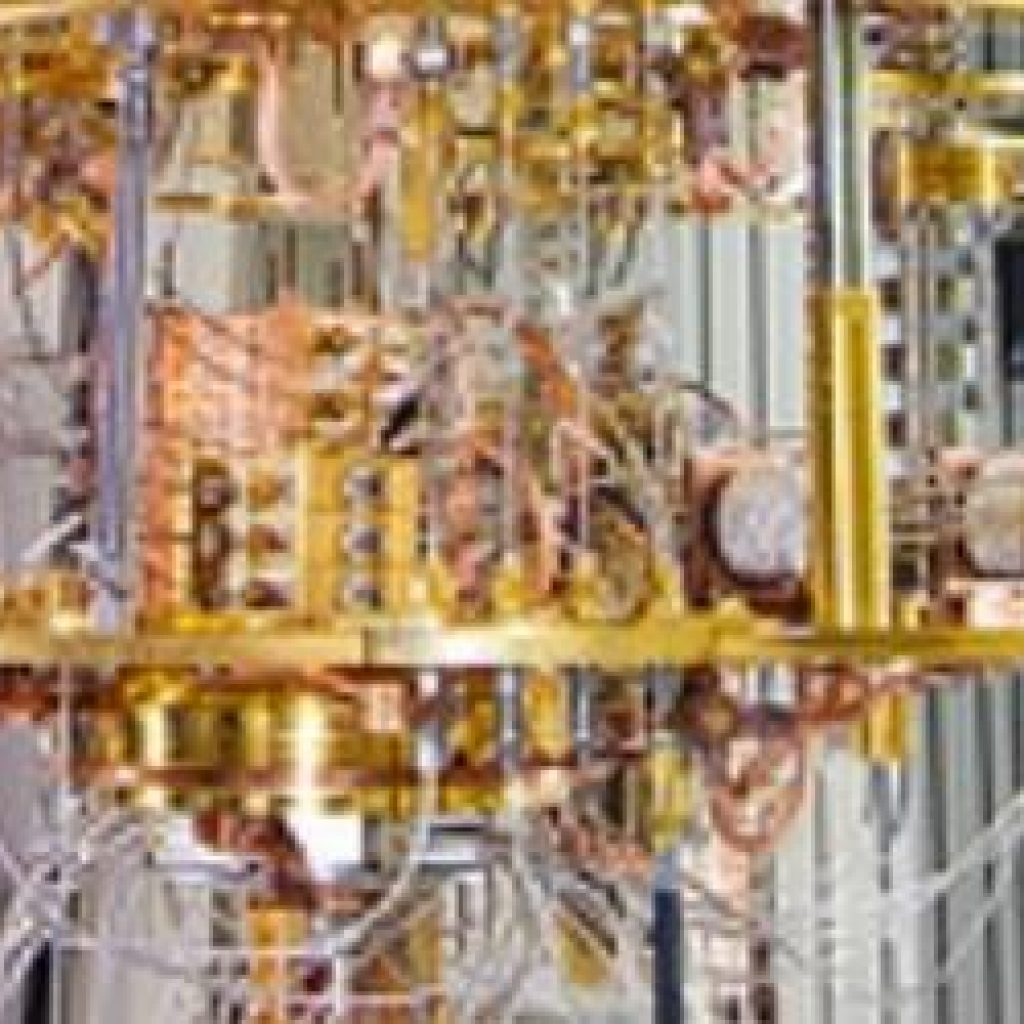(TechRadar) IBM has proposed a method for increasing the applications available for quantum power. The solution, the company says, is to combine classical and quantum computing power, a process called “entanglement forging”. If successful, the system can double the size of the available quantum computations. TechRadar comments in the article summarized here by IQT-News: “The most interesting takeaway is that the company is exploring pairing classical and quantum computing power to help one enhance the other.”
Click here for IBM’s research article describing the process:
Quantum computers are promising for simulations of chemical and physical systems, but the limited capabilities of today’s quantum processors permit only small, and often approximate, simulations. Here we present a method, classical entanglement forging, that harnesses classical resources to capture quantum correlations and double the size of the system that can be simulated on quantum hardware. Shifting some of the computation to classical postprocessing allows us to represent ten spin orbitals of the water molecule on five qubits of an IBM Quantum processor in the most accurate variational simulation of the ground-state energy using quantum hardware to date. We discuss conditions for applicability of classical entanglement forging and present a roadmap for scaling to larger problems.
To prove its usefulness, IBM simulated 10 spin orbitals of the water molecule on five qubits (quantum bits) of its quantum computer, which is says is the “most accurate variational simulation of the H2O ground-state energy using quantum hardware to date”. IBM’s quantum computer has 27-bits, so using only five shows how much spare capacity there is to be used.
